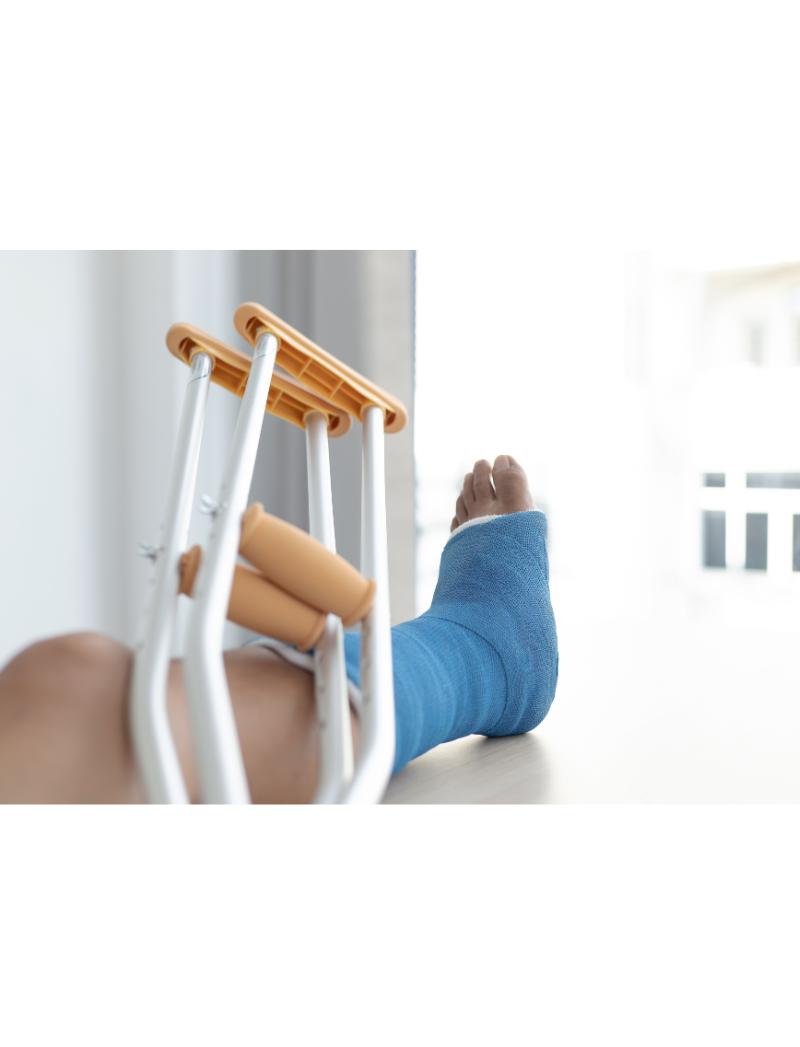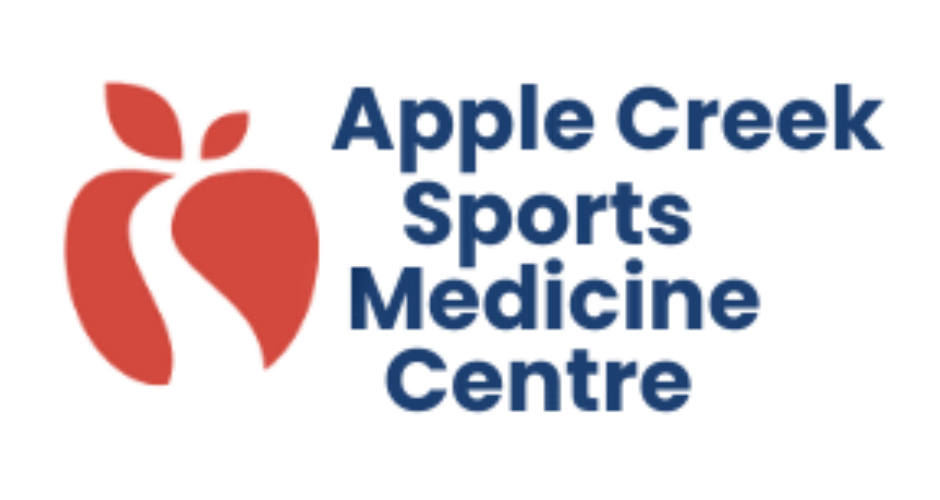
The Mental Impact of Sports Injuries: How to Cope and Recover
John Sage, Osteopathic Manual Practitioner, Certified Athletic Therapist
When we think of sports injuries, we often focus on the physical side—sprains, fractures, or torn ligaments. But there’s another side that’s just as important: the mental and emotional toll. For athletes and active individuals, being sidelined by an injury can feel frustrating, isolating, and even overwhelming. At Apple Creek Sports Medicine Centre, we believe recovery isn’t just about the body—it’s about the mind too.

Why Injuries Affect Us Mentally
Sports and physical activity aren’t just hobbies—they’re part of who we are. When an injury takes that away, even temporarily, it can:
-
Disrupt daily routines
-
Limit social interactions with teammates and friends
-
Trigger stress, anxiety, or low mood
-
Lead to fears about re-injury or not returning to the same level of performance
It’s completely normal to experience these feelings. Recognizing them is the first step toward managing them.
Coping Strategies for Mental Recovery
1. Stay Connected
Isolation can make things worse. Stay in touch with your teammates, coaches, or workout partners. Even if you can’t play, you can still be part of the community.
2. Focus on What You Can Do
An injury may limit some activities, but it often opens the door to others. Work with your physiotherapist to find safe exercises, mobility drills, or strength training you can continue during recovery. This helps maintain confidence and momentum.
3. Set Realistic Goals
Breaking recovery into smaller milestones—like regaining range of motion, hitting strength targets, or walking pain-free—can make progress feel tangible and motivating.
4. Practice Mindfulness and Stress Management
Techniques like deep breathing, meditation, or journaling can reduce stress and help you process emotions. These tools also improve mental resilience, which carries over into sport once you return.
5. Seek Support When Needed
If feelings of frustration, sadness, or anxiety become overwhelming, speaking with a mental health professional can make a significant difference. Pairing psychological support with physical rehab can create a more complete recovery.
How Sports Medicine Helps Beyond the Physical
At Apple Creek, our role isn’t just to guide your physical recovery—it’s also to support your mental well-being. Knowing you’re following a structured plan, hitting milestones, and moving safely toward your goals helps reduce worry and restore confidence.
Final Thoughts
Recovering from a sports injury is never just about healing muscles, bones, or joints—it’s also about caring for your mindset. By staying connected, setting achievable goals, and addressing the emotional side of injury, you can return stronger both physically and mentally.
At Apple Creek Sports Medicine Centre, we’re here to guide you every step of the way.
About the Author:
As an athletic therapist, John has worked with Baseball Canada, specializing in on-site conditioning, rehabilitation, and acute care management. He was a lead medical coordinator at the 2015 Pan-Am Games in Toronto, and he was part of the training staff for Ontario Hockey at the Canada Winter Games in 2012.
For more information about John, click here

